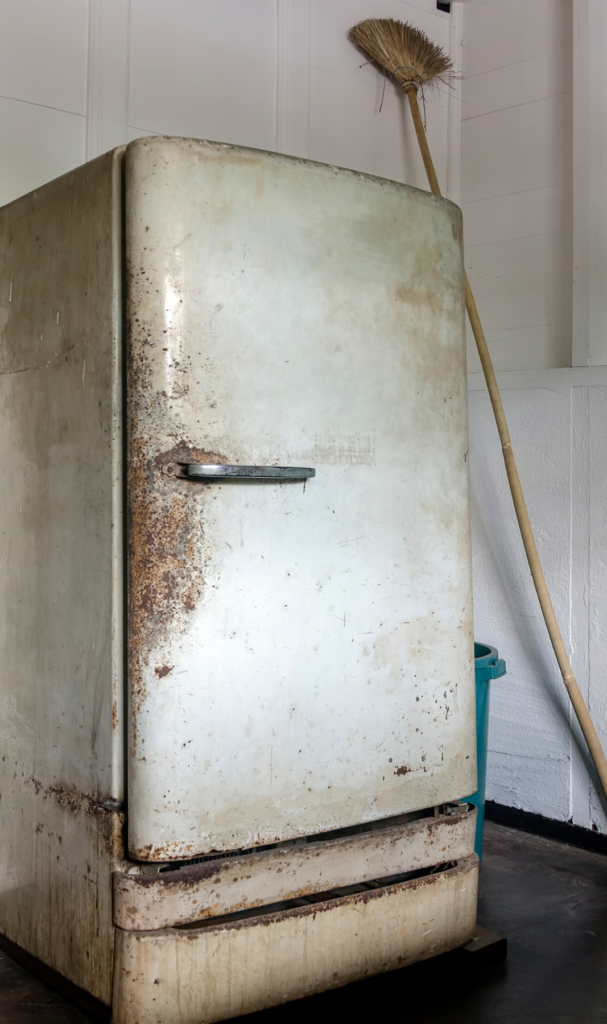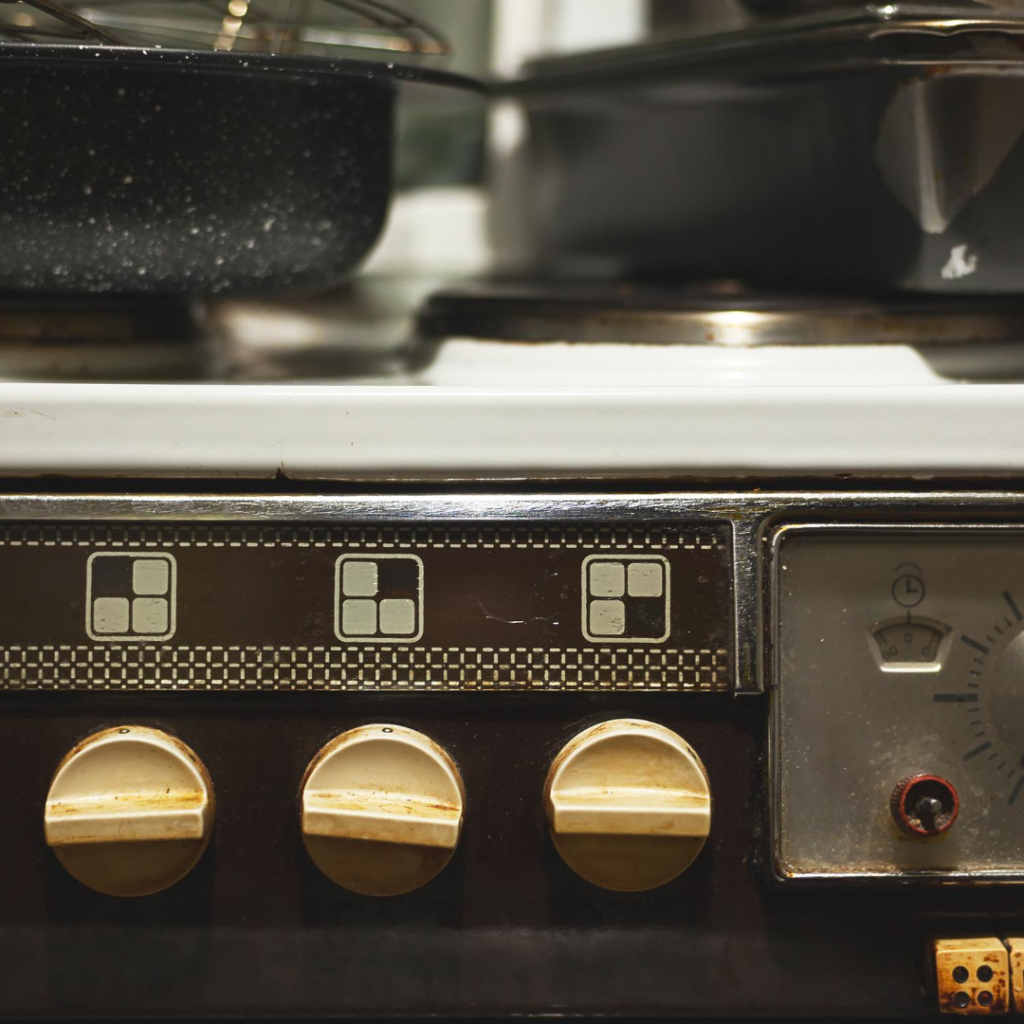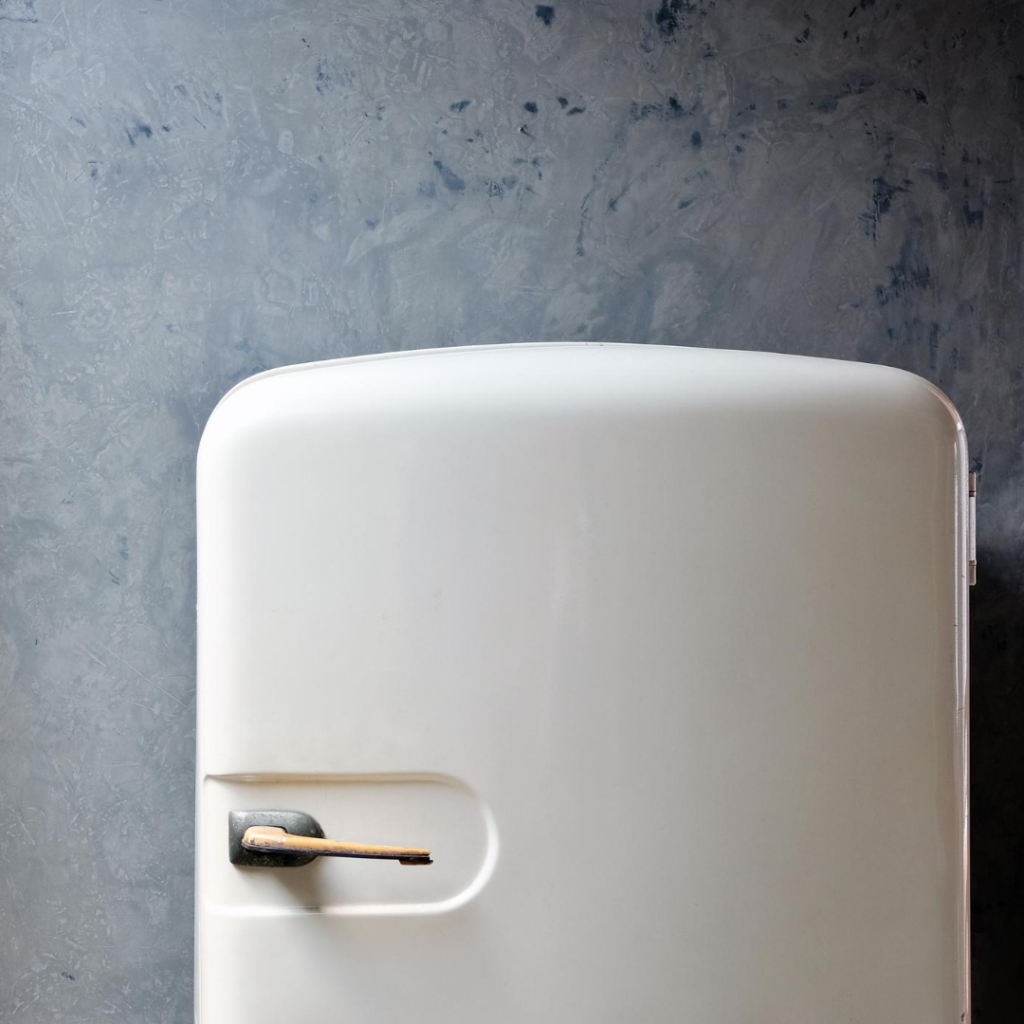Over the past few years, there has been significant growth in the level of awareness that most have regarding the environment. More specifically, we are becoming more careful about the products that we buy, about our ecological footprint, and about the amount of waste we produce. We eat more vegan foods to reduce our carbon footprint and try to use public transport or other methods of transportation to cut down our own emissions. In the end, we have come a long way from the days where we thought that shutting the water while brushing our teeth or turning off the lights before exiting a room were revolutionary actions to help the environment.
Nonetheless, there is often one aspect that we tend to forget: our energy usage. To be more specific, the energy we use in terms of the appliances we own and utilise every day. We know that dishwashers, for example, are a luxury and use up a lot of water. Such appliances are some which we could go without, although they do make life a lot more convenient. Others, such as washers and dryers, are more common. Throughout this post, I will be sharing with you a few tips on being more eco-friendly with your appliances. More specifically, this article will guide you through the question of whether you should replace your old appliances with more efficient ones.
REDUCE, REUSE, RECYCLE
Although we often go by the mantra “Reduce, Reuse, Recycle”, this sometimes does not apply to appliances. As technology has improved, appliances have become much more energy-efficient. Therefore, holding on to an old refrigerator or dryer may be causing more harm than if you were to recycle it and to obtain a new, more energy-efficient one.
For example, standard washing machines may use up to 23 gallons of water. In comparison, a more energy-efficient one will use only 15. This may seem like a small difference but considering the number of times we wash clothes yearly, it adds up. Similarly, energy-efficient refrigerators use 15% less energy than standard models. Thus, not only do you save up on the energy needed by your fridge and therefore reduce your ecological impact; you also save money on your electricity bill. Ultimately, the newer, energy-efficient models are better options for the planet as standard ones have not been adapted to reduce their energy requirements.
The program called ENERGY STAR® offers labels to guide you on your shopping trip; if the appliance is labelled with the ENERGY STAR® label, this means that it is a much more energy-efficient model. These are easy to find either online or in-store. Although they may seem like an investment at first, they will last you for a very long time and will save you money in the end.
Finally, if you cannot change all your old appliances for newer, more energy-efficient ones
You can still do your part by reducing your usage of energy-requiring appliances. For example, avoid only washing a few pieces of clothes at a time; washing your clothes in cold water will also reduce the energy required to heat up the water. If you own a dishwasher, turn off the drying option and instead, leave the door open for a few minutes. If you can, leave your clothes to dry in the sun or on heaters. Boil water in your kettle and add it to your pot instead of letting the water boil directly in the pot; this is also much faster! Finally, keeping your refrigerator away from sunlight will help it stay cool and therefore will require less energy.

READ ALSO:
What Does a Smart Home Do and Why a Smart Home is Energy Efficient?



